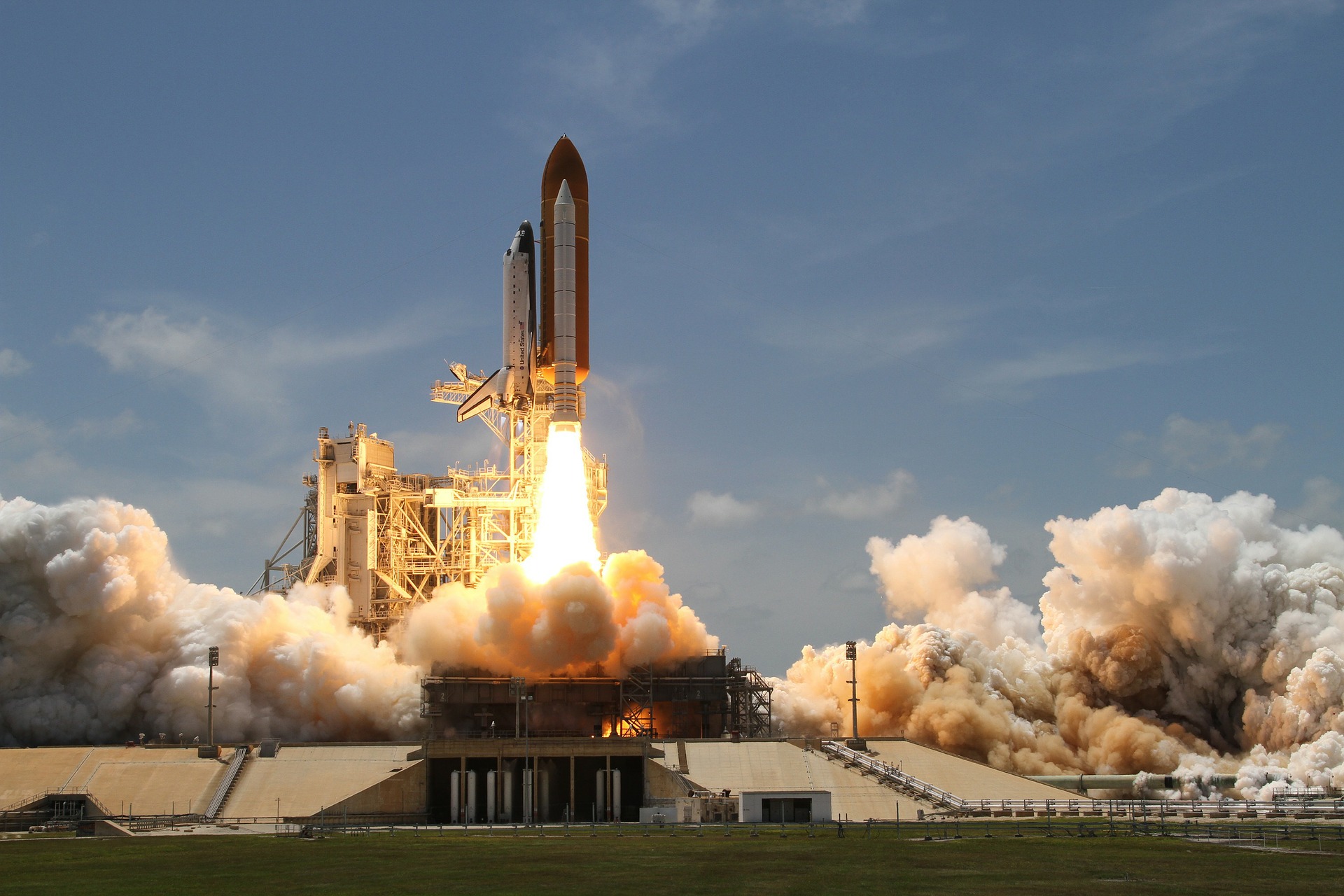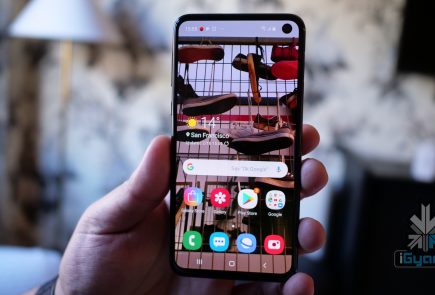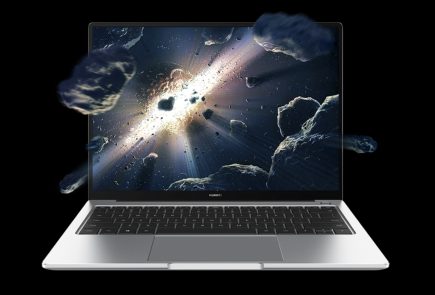3D-Printed Rocket Company Given Launch Site In Cape Canaveral

Relativity Space, a three year old start up, that wishes to send 3D printed rockets to space have finally received a launchpad in Cape Canaveral. Cape Canaveral is America’s busiest spaceport. Relativity is reportedly taking over a site called LC-16. This pad was previously used by the US military to launch Titan and Pershing ballistic missiles at a point in time. The announcement was made by the company on Thursday. According to the company, they have a five-year agreement with US Air Force to operate out of the launchpad in Cape Canaveral.

Relativity will be the fourth company to gain access to the popular launch site after SpaceX, Blue Origin and the United Launch Alliance. A bidding was held for the launch site and Relativity won the bid. They also have permission to modify the launchpad to suit its own technology. The company will save approximately four years which would have otherwise been spent on building a launch site from scratch.

Relativity Space
Relativity wishes to deploy and resupply satellite constellations with industry-defining lead time and cost. The uniqueness of Relativity Space is to build an entirely 3D printed rocket. They also have the first fixed tooling-free, evolvable factory and a proprietary building-sized metal 3D printer called Stargate. The company also wishes to eventually print 3D rockets on Mars.
The first launch vehicle for the company is called Terran 1. Surprisingly, the company says that it would only take 60 days to print. The vehicle would have a max payload of 1,250 kg (2756 lbs) to low-Earth orbit.
Relativity Space CEO Tim Ellis was named by Vice President Mike Pence as a member of the National Space Council’s Users Advisory Group last year. The company, even though just three years old, has come a long way. It also has a long way to go, quite literally. To Mars if things go as planned.























